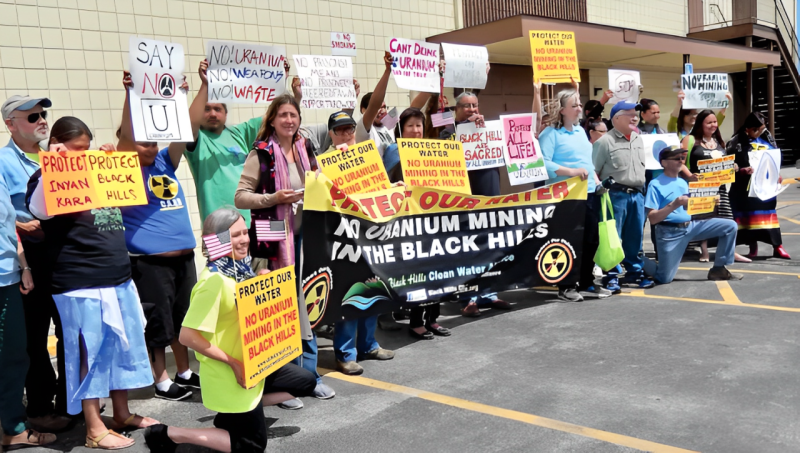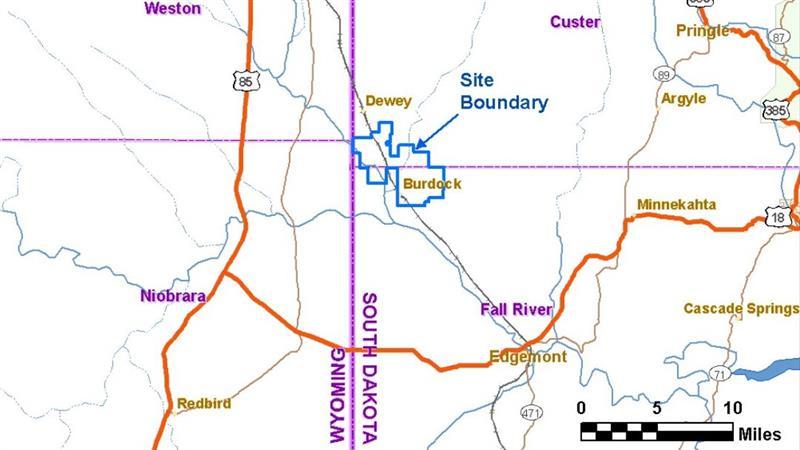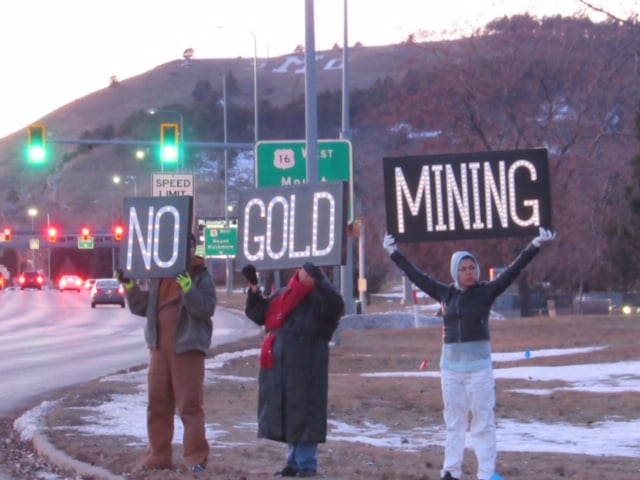
Black Hills Clean Water Alliance (BH-CWA), founded in 2009, strives to prevent destructive mining in the Black Hills of South Dakota and to protect invaluable resources, particularly water, for future generations. Water system contamination caused by mining represents the greatest threat. Whitewood Creek was contaminated for more than 100 years by Homestake Gold Mine, until the mine closed in 2001, leaving an 18-mile stretch of the creek a Superfund site. BH-CWA has identified and mapped thousands of active mining claims on federal lands in the region, highlighting the vast extent of potential mining projects, as well as the modern gold rush that threatens the Indigenous communities who revere the Black Hills as sacred. The diverse coalition of concerned citizens is dedicated to mitigating the health, environmental, and economic impacts of mining projects on its people, economy, and natural resources. Once aquifers are contaminated by mining, restoration is an impossibility.

The site of a proposed uranium mine in South Dakota.
The Black Hills Clean Water Alliance has learned that constant vigilance is crucial to their mission as twenty-four percent of the entire Rapid Creek watershed is under mining claims and the fate of the land rides on the cyclical market interests of the mining industry. The Alliance monitors the permit filings of the mining companies and reviews legal regulations of the various state and federal agencies in preparation for defending their communities through citizen action. Promoting preemptive measures, the Alliance also champions local government initiatives such as a 2020 Rapid City Council resolution opposing gold exploration, a measure applauded by Carla Marshall of the Clean Water Alliance who combined her gratitude with a call for wide participation, “We’d like to thank everyone who took action to make this possible and encourage more people to get involved. We need to remember that water is alive and should be recognized as a living entity.”

Black Hills Clean Water Alliance members standing advocating about the dangers of mining to the community.